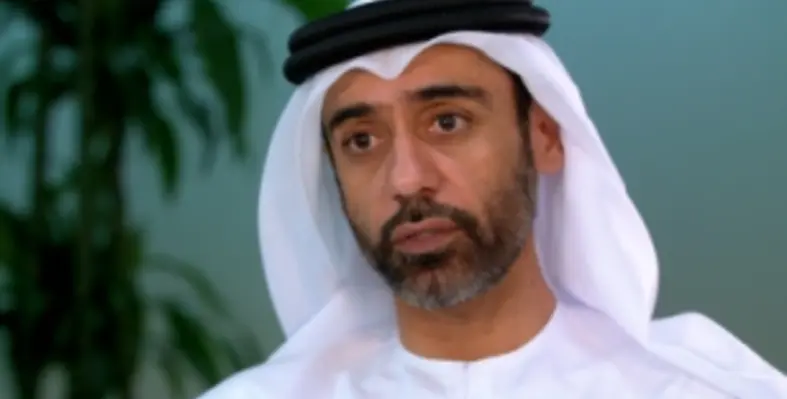Retrofitting of residential and industrial buildings is said to play a critical role in Dubai?s drive to reduce its energy production
The Dubai Supreme Council of Energy identified retrofitting as an important strategy in its goal to reduce energy demand by 30% by 2030.
Companies like Dubai?s Etihad Energy Services Company (Etihad ESCO), which specialise in retrofitting Dubai?s buildings, stand to benefit from this trend. The company aims to increase the share of central cooling in the Emirate to 40 per cent by 2030.
Etihad ESCO is also planning to diversify into industrial retrofits and solar photovoltaic systems. It will implement up to US$ 43.56mn worth of projects this year.
Healthcare, education and hotels are among the other industries which will leverage retrofitting to cut energy demand.
With 700 hotels operating in Dubai, retrofitting of hotels is said to gain steam as the Department of Tourism and Commerce Marketing (DTCM) is expected to finalise its framework and guidelines to ensure hotels meet their energy efficiency KPIs.
Hospitals including Sharjah Teaching Hospital and Issat Omran and universities like American University in Dubai and Zayed University have begun retrofitting to improve their energy efficiency programmes.
?Dubai?s outstanding effort in retrofitting buildings in the past years has helped generate energy and water savings across the Emirate. We are looking forward to continuing and accelerating the progress of this to help us achieve our target of retrofitting 30,000 buildings by 2030. We have the pleasure of hosting the 4th Annual RetrofitTech Summit & Awards where we will announce all of our planned projects for 2018-19 and look at the different types and scope of retrofits we will be embarking on. Our partners in the public and private sectors will join us for the event to get the chance to examine the progress made so far, and look at the potential to save electricity and water through smart and innovative retrofits,? said Ali Al-Jassim, CEO of Etihad ESCO.







